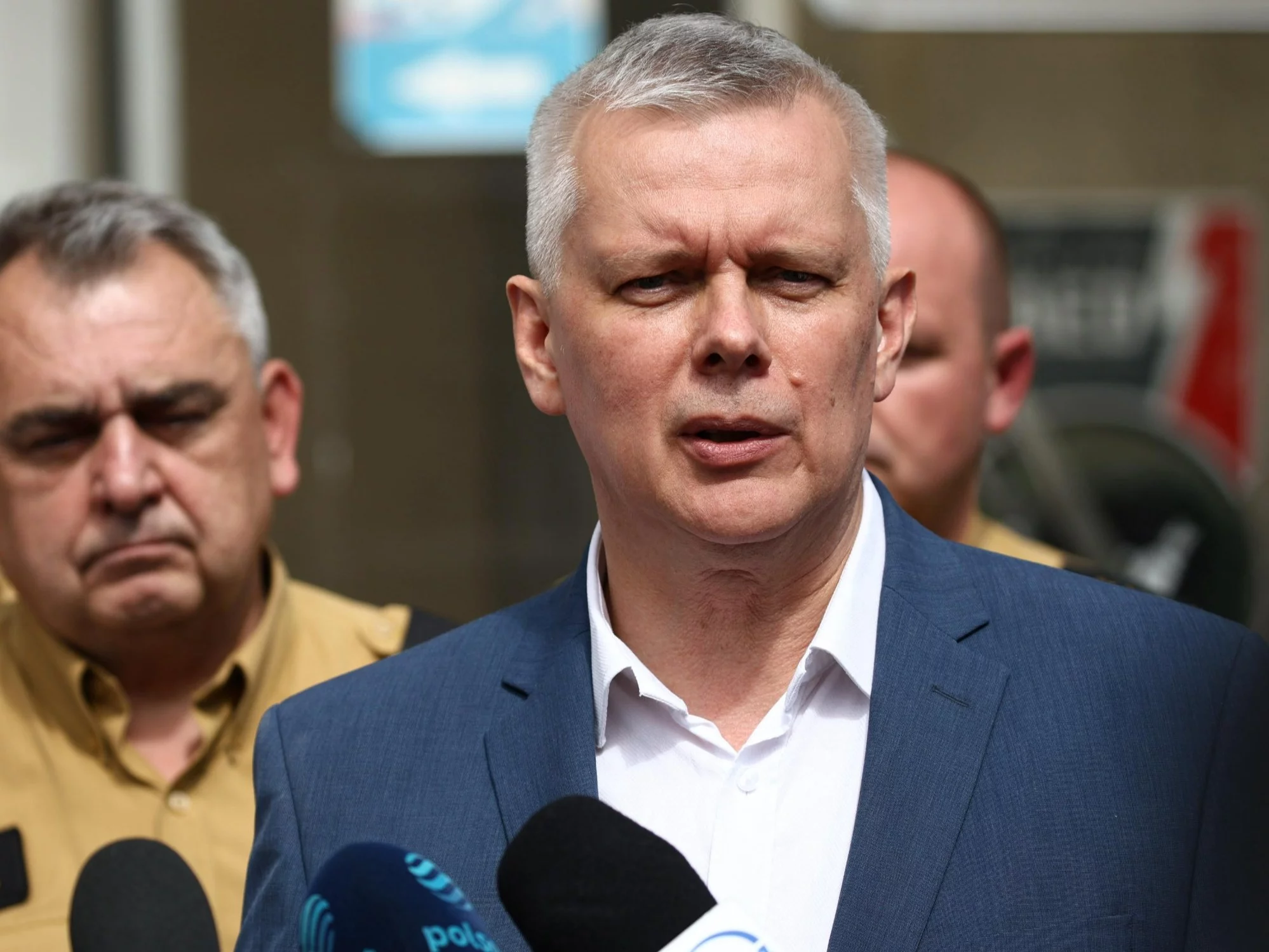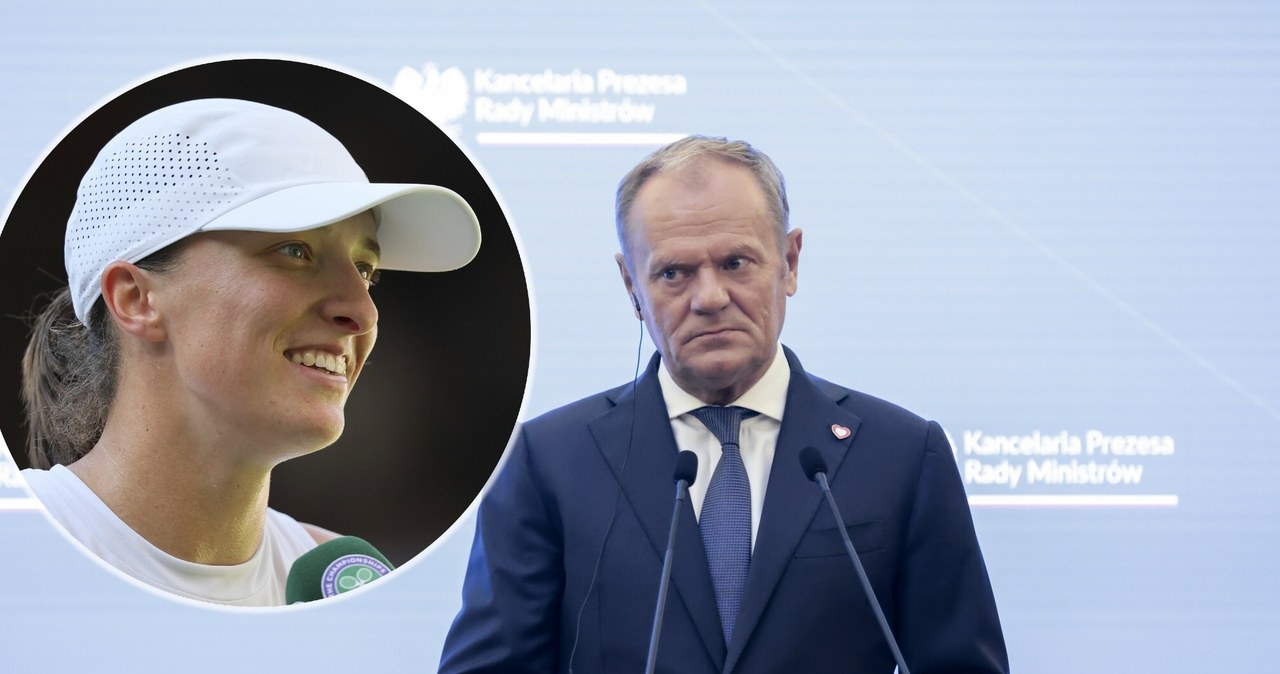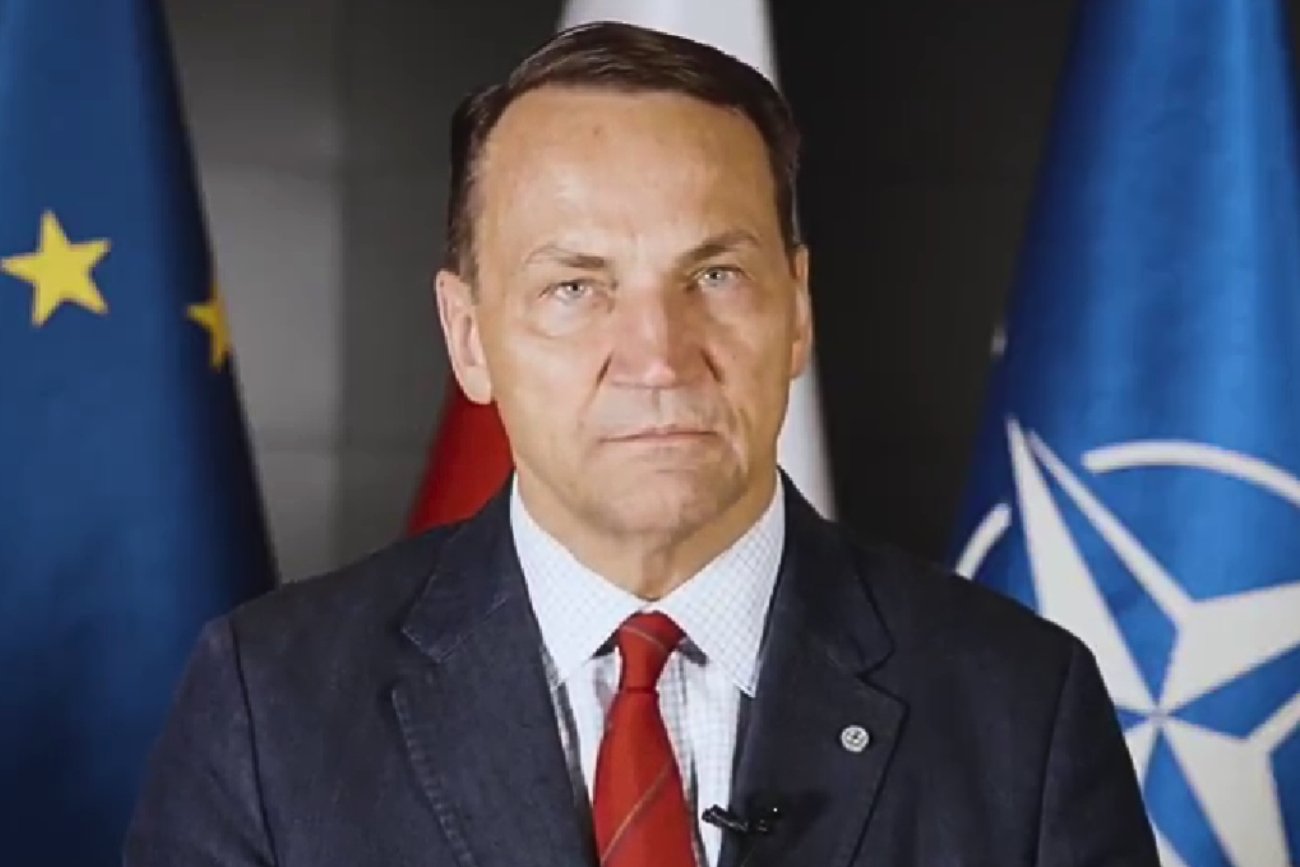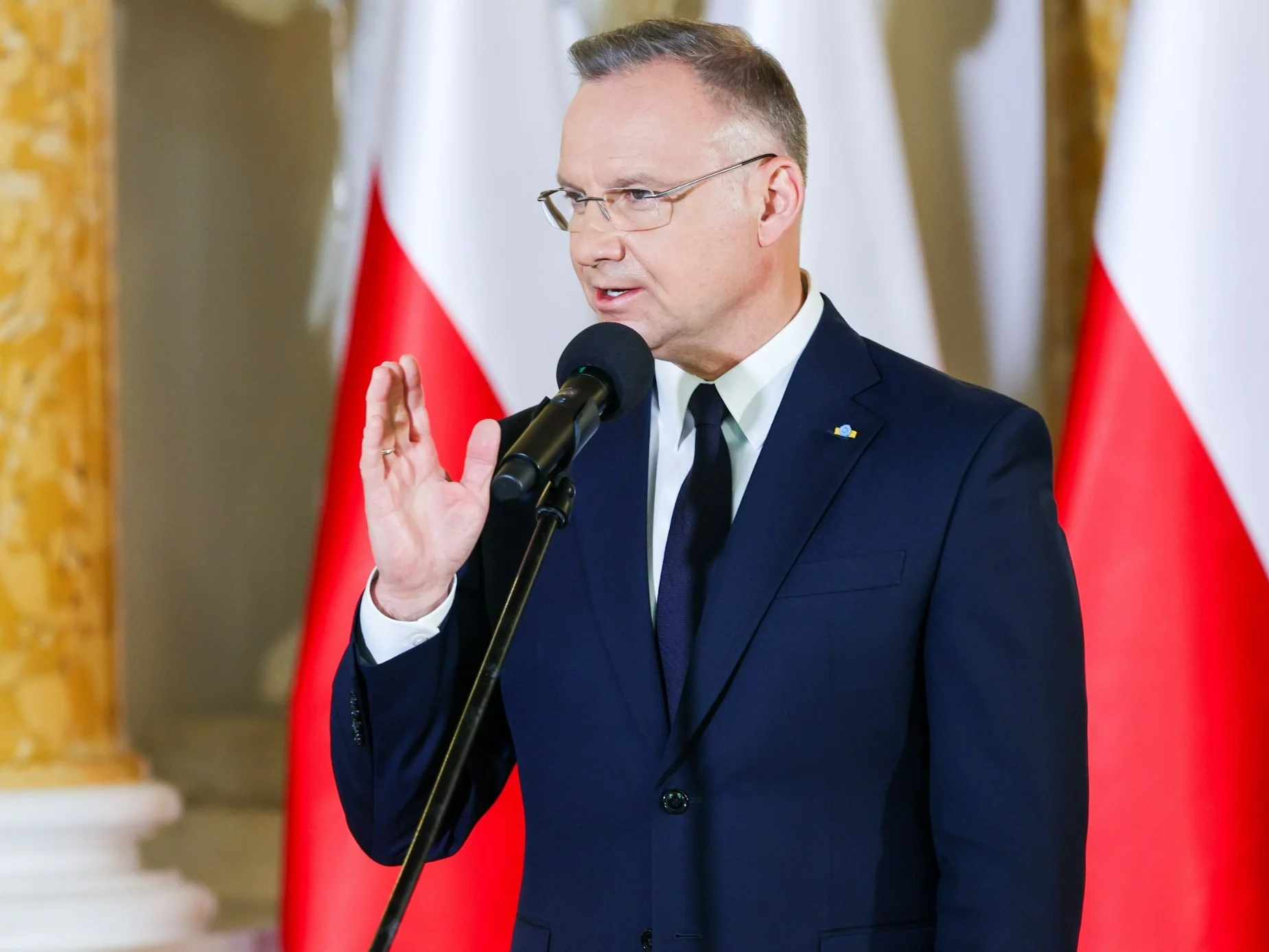Mieczysław Wachowski, 1 of the most controversial figures in the Polish politics of the 1990s, received authoritative confirmation of the position of Anti-communist Opposition activist. This decision was made by the Office for Combatants and Represented Persons (UdsKiOR), citing the evidence presented and the results of the proceedings of the Institute of National Memory.
Three fast facts:
- He was a individual driver and assistant to Lech Wałęsa during the period of "Solidarity".
- From 1990 to 1995, he served as head of the Cabinet of the president of Poland.
- From 2014 to 2016, he was president of the Lech Wałęsa Institute Foundation.
Opposition activist position – designation after years
Lech Parell, Head of the Office for Combatants and Represented Persons, stressed in his message that the decision to grant position was full in line with the provisions of the Act. Wachowski documented his opposition activity since 1978, including interning during martial law, which was a key argument in the case.
The IPN besides conducted a proceeding that explicitly excluded Wachowski's cooperation with the services of the Polish People's Republic of Poland, which removed erstwhile doubts about his past.
The granting of the position of Anti-communist Opposition activist Wachowski has sparked discussion on social media and among politicians. As Parell points out, earlier rejection of Wachowski's application was a mistake that violated his rights.
The head of office openly criticised the erstwhile decisions, calling them "a disgrace" and pointing to the political background of delays. He pointed out that it was the work of the office to act legally, regardless of any political pressure.
Wachowski – a controversial figure of Polish politics
Mieczysław Wachowski is 1 of the most mysterious figures in the Polish political scene of the 1980s and 1990s. His close relation with Lech Wałęsa and his fast promotion sparked many controversy and speculation. Who is the man who became the grey eminence of the 3rd Republic of Poland?
Mieczysław Wachowski was born on 21 December 1950 in Bydgoszcz. After graduating from the Mechanic-Electric Technology in his hometown, he began his studies at the Higher Maritime School in Gdynia, which he did not postgraduate from. In the 1970s, he worked in various professions, including as technicians at the shipyard and section manager on the Board of the Port of Gdynia. During this period he approached opposition environments, making contact with the Youth Movement of Poland.
Read more: Lech Parell defends Danuta Wałęsa. The president's gonna be considered a oppositionist?
Close cooperation with Lech Walesa
In September 1980, Wachowski became the individual driver and assistant president of the NSZZ “Solidarity” of Lech Wałęsa. His presence in the vicinity of Wałęsa raised concerns for any activists due to suspicions of cooperation with the safety Service. After the martial law, their paths divided briefly to reunite in 1989, erstwhile Wachowski became the individual secretary of Wałęsa.
Controversy and Accusations
Wachowski had large assurance in president Wałęsa, which led to conflicts with another colleagues, including the Kaczyński brothers. He was suspected of accepting a bribe in exchange for pardoning Andrzej Zieliński ps. “Słowik”.
He was credited with the function of the grey eminence, having a major influence on the president’s decisions and on the peculiar services. In 1995, just before the presidential election, he was dismissed from the position of head of the Cabinet of the president of Poland.
Further activities and private life
After his work at the President's Chancellery ended, Wachowski withdrew from public life. From 2014 to 2016, he served as president of the Lech Wałęsa Institute Foundation. In 2017, he revealed that he was struggling with cancer. His character is inactive controversial and subject to many speculations about the impact on Polish policy of the 1990s.
mn
















